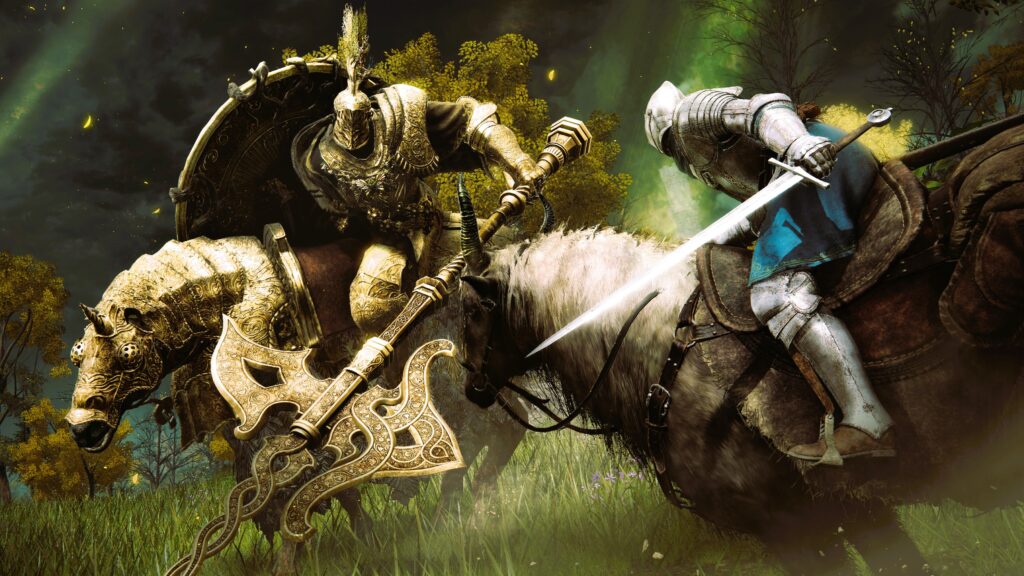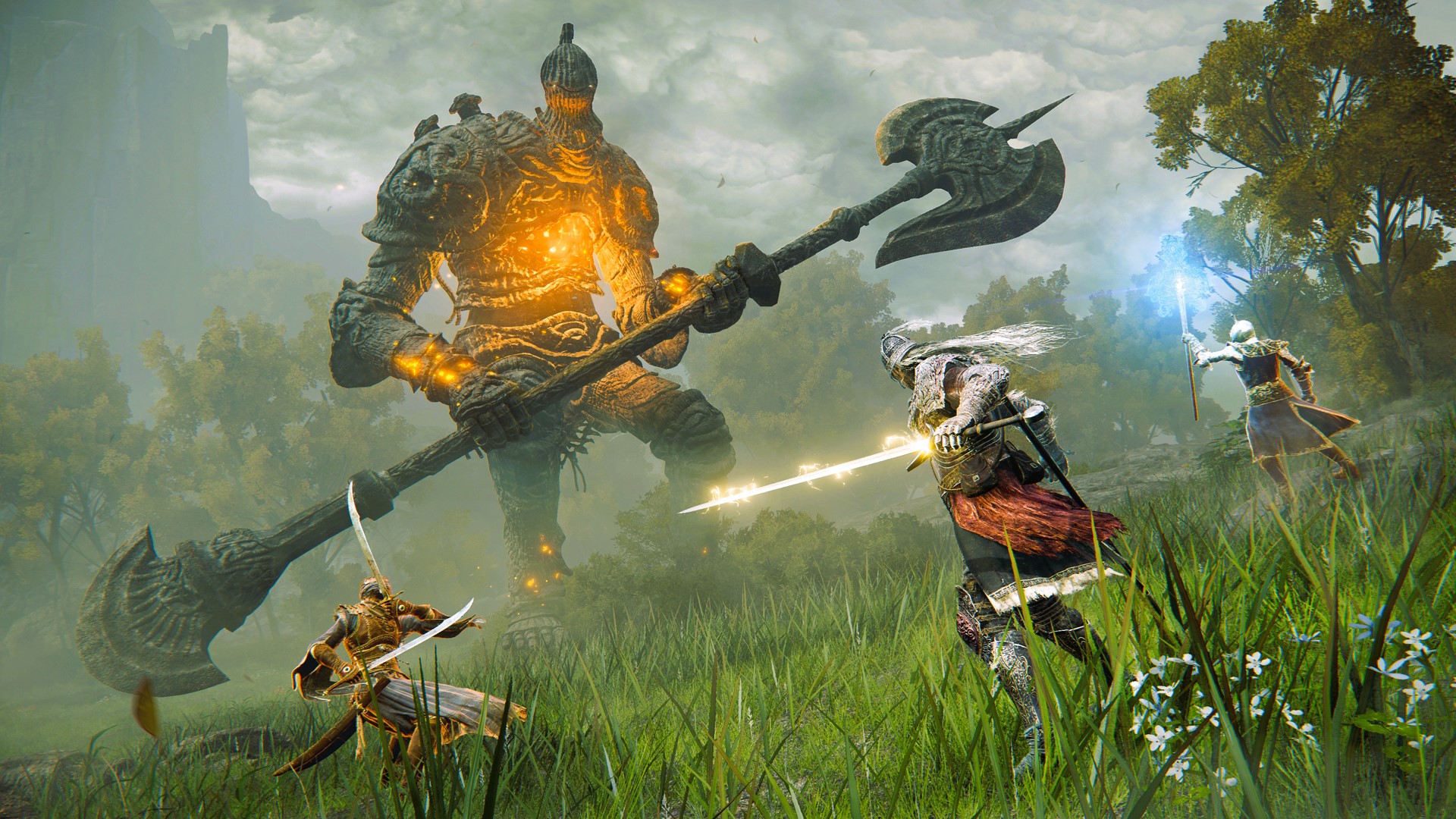Fantasy RPG Games: Classic and New Approaches
Fantasy role-playing games (RPGs) stand as pillars in the gaming industry, captivating players with their immersive worlds, epic quests, and diverse characters. From classic tabletop adventures to modern digital epics, fantasy RPGs continue to evolve, blending traditional elements with innovative approaches to storytelling and gameplay. This article explores the rich history, enduring appeal, and evolving trends of fantasy RPG games, both in tabletop and digital formats.
The Foundation of Fantasy RPGs
Fantasy RPGs trace their origins to the early days of tabletop gaming, where pioneers like Dungeons & Dragons (D&D) set the stage for immersive storytelling and cooperative gameplay. Released in 1974 by Gary Gygax and Dave Arneson, D&D introduced players to a world of sword and sorcery, where heroes ventured into dungeons, battled monsters, and unraveled mysteries. The game’s success sparked a revolution in gaming, inspiring countless RPGs that followed.
Classic Tabletop Fantasy RPGs
- Dungeons & Dragons: As the quintessential fantasy RPG, D&D continues to influence the genre with its rich lore, iconic monsters like dragons and beholders, and intricate rules for character creation and combat. The game’s modular approach allows players to explore different campaign settings, from the high magic of the Forgotten Realms to the gritty intrigue of Ravenloft.
- Pathfinder: Developed as a spiritual successor to D&D 3.5 Edition, Pathfinder expanded upon its predecessor’s ruleset with additional classes, feats, and options for character customization. The game’s “Adventure Paths” provide GMs with pre-written campaigns that span multiple adventures, offering diverse storytelling opportunities and challenges.
- Warhammer Fantasy Roleplay: Set in the grim and perilous world of Warhammer Fantasy Battles, this RPG emphasizes dark humor, gritty combat, and moral ambiguity. Players navigate a world besieged by chaos, political intrigue, and supernatural horrors, where survival often hinges on cunning as much as combat prowess.
New Approaches in Digital Fantasy RPGs
- The Witcher Series: Based on the novels by Andrzej Sapkowski, The Witcher series redefined digital fantasy RPGs with its mature storytelling, morally ambiguous choices, and dynamic combat system. Players assume the role of Geralt of Rivia, a monster hunter (Witcher), navigating a morally gray world filled with political intrigue and supernatural threats.
- Dragon Age Series: Developed by BioWare, the Dragon Age series blends tactical combat with narrative-driven gameplay, where player choices shape the course of the story and relationships with companions. The series explores themes of power, redemption, and the consequences of one’s actions in a medieval fantasy world plagued by conflict and magic.
- Elder Scrolls Series (Skyrim): Known for its open-world exploration and freedom of choice, Skyrim immerses players in the vast province of Tamriel, where they can embark on quests, join guilds, and explore dungeons at their leisure. The game’s modding community further extends its longevity, allowing players to customize their experience and create new adventures.
Key Features of Fantasy RPGs

- Character Customization: Fantasy RPGs offer extensive options for character creation, allowing players to choose races, classes, skills, and abilities that reflect their playstyle and narrative preferences.
- Epic Storylines: From saving kingdoms to battling ancient evils, fantasy RPGs often feature epic narratives that unfold over multiple quests and story arcs, providing players with a sense of progression and accomplishment.
- Magic and Mythology: Magic systems and mythological elements are integral to fantasy RPGs, offering players the ability to cast spells, summon creatures, and interact with fantastical beings and artifacts.
- Exploration and Discovery: Whether in tabletop or digital form, fantasy RPGs encourage exploration of diverse landscapes, dungeons, and hidden treasures, fostering a sense of adventure and discovery. Read our review of the latest Savage Worlds expansion for Suzerain.
Evolution and Trends
Modern fantasy RPGs continue to innovate with advanced graphics, immersive storytelling techniques, and interactive gameplay mechanics. Online multiplayer functionality allows players to collaborate with others in real-time, forming alliances, engaging in PvP battles, and participating in global events that shape the game world.
Fantasy RPGs have carved a timeless niche in gaming, captivating generations of players with their rich narratives, immersive worlds, and endless possibilities for adventure. Whether exploring ancient ruins in a tabletop campaign or embarking on a quest for redemption in a digital realm, fantasy RPGs offer a unique blend of escapism, creativity, and strategic gameplay that continues to enchant players worldwide.
For further exploration of fantasy RPGs, visit Wikipedia for additional insights and resources.

